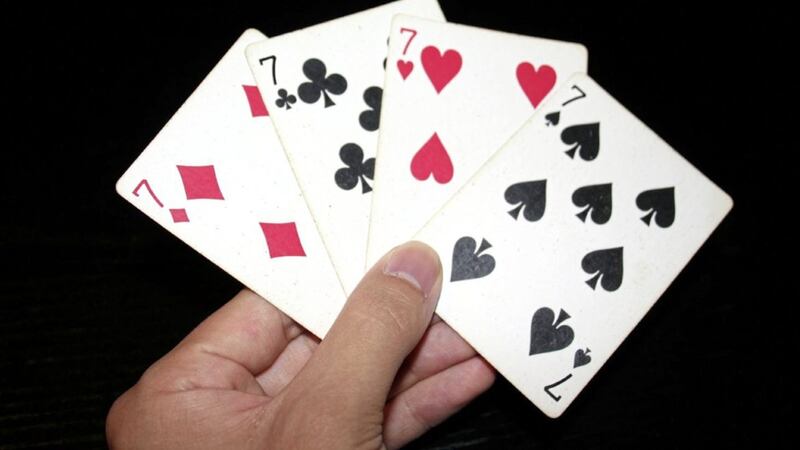I CAN remember 20 years ago staring at a customer’s exposure to Europe within their pension fund and thinking: should I stay or should I go?
The same decision would have to be made for their Japanese fund. So I looked at the customer’s overall pensions and who the best performing funds were, and then decided to see what the ‘best performers’ were thinking.
Sure enough they were neutral on both areas i.e. they were neither for further investing or disinvesting – hold ‘em. I’m running from memory now but I’ve told the story enough to know the numbers.
Even though the best performers were neutral in their outlook, an investor with £50,000 in the European fund would have ended the year on £109,500, whilst the same investor invested in the Japanese fund ended that year on £244,000.
An annual return of 8 per cent a year nowadays would be a delight.
This showed that the best performer didn’t really understand their market. They were neutral when it soared.
Indeed the following year, when the European fund had a positive outlook, their fund halved in value giving away all the gains made the previous year.
When I spoke to the manager about this performance their answer was ‘who would have thought that?”
Well, there begs the question of when to stay in and when to take your winnings and go, and leave the bit for the next man.
In the words of the song, you gotta know when to hold ‘em, know when to walk away, know when to run.
The one aspect I took away from my gains and losses above was that the fund managers didn’t really know, or at least enough to say so with conviction, and that anything that can get cheap, can get a whole lot cheaper.
Twenty years later, nothing has changed and in a world of misinformation, cutting through the noise is clearly the acquired skill.
Some will tell you stay in the market at all times, others will tell you to be in and out, but which is the right answer?
Well, neither. As in any situation there are two sides to the story. Do you listen to the bank manager who says…’just leave it with us’ as your money freely ferments or rots?
Professor Estrada of the IESE business school looked at century’s worth of big moves and indeed proved that if you missed the 10 best days over the last 40 years you would have missed out on nearly half of all the gains.
All too often we see pension funds not being actively managed, and so they are left to stew in whatever they have been invested into, 10 to 20 years before. It’s easy with half the information above to quickly conclude that you should always ‘hold ‘em’.
However, if your pension fund had avoided the 10 biggest slumps in stock markets over the same period your pension would have been two and a half times the value of someone who had remained invested the whole time – know when to run?
The difficulty (and the reason why most, if not every professional aren’t successful at timing the market) is that no-one sounds a horn to get out. There is no bell, and you should remember that for there to be winners, there have to be losers. For each buyer there is a seller, and someone is getting the better deal, and that person is normally the better informed. Make sure it’s you.
So it is a folly to consider to time the market just as much as it’s a folly to buy and just hold. No great investors of this time are a buy and hold investor.
So where is the middle ground that investors can ask their pension adviser to operate within?
A pension adviser will be able, with simple software, to see a crossover point of value but the process is highly technical and can be expensive, so your adviser would be considering four simple rules, and you should ask about this to maximise your portfolio given the current positive run we have had on markets.
Rule One: After large surges, trim the areas that have done well, back to how they were pre the run in the market. Although counter intuitive (selling some of what’s doing well) this goes a long way toward negating the aforementioned ten bad days.
Rule Two: If you have a pension fund which is due to mature begin taking the gains and banking them.
Rule Three: If an area you are invested into isn’t working or hasn’t done well, don’t hang onto it thinking it will fix itself. Apply that age-old winning rule: Knowing what we now know, would we have done this? If the answer is no, change as soon as is possible.
Rule Four: Be patient and don’t be afraid to hold cash until the next buying opportunity arrives. It always does, as the 10 worst days show above.
:: Peter McGahan is the owner of independent financial adviser Worldwide Financial Planning, which is authorised and regulated by the Financial Conduct Authority. For a free, no obligation initial chat about your individual finances, call Darren McKeever on 028 6863 2692, email dmckeever@wwfp.net or visit us on www.wwfp.net. Follow us on Twitter: @WorldwideFP.






